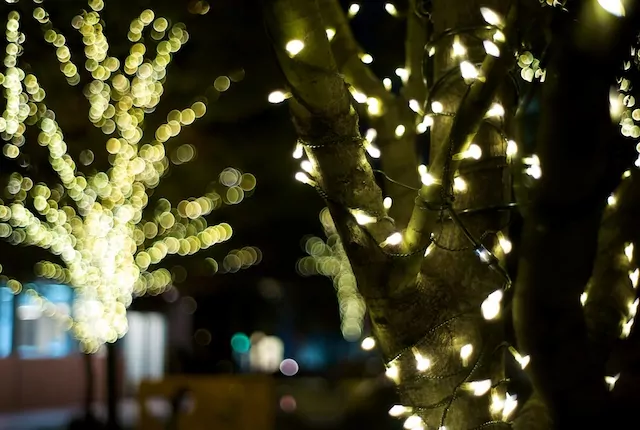
Safety Concerns Living And Investing Overseas
Where It’s Safe?
We received the following e-mail from a reader this week:
“We hear so much about bombings and uprisings abroad,” the reader wrote, “why would South America be safer to live in than North America? Don’t those countries have more of a national safety threat?”
How in the world to respond?
The irony for me at this point, having been living outside the States for more than 15 years now, is that I feel like I read more about bombings, shootings, kidnappings, and other violent crimes taking place in the United States than in any other single country that isn’t actually in the middle of a war or a revolution. Definitely this is how it has seemed over the last few years and certainly over the last few months.
Could it be that this woman hasn’t opened a U.S. newspaper or turned on CNN or FOX in the last month? Maybe she thinks that Boston is in a foreign country. Or that Cleveland, where three girls were rescued recently from a decade-long captivity, is in South America. Could she have forgotten already the Newtown shooting that killed 26 people, mostly children? That’s all very recent U.S. history.
Every Country Has Its Problems
Mexico has a serious drug-gang situation. As a result, parts of that country make Iraq look like a vacation spot. Still, other parts of Mexico (some would say most of Mexico) isn’t affected by the drug-gang violence at all.
Spain is enduring protests as a result of its economic woes. The French riot at least once a year (so they can keep in practice, I think). Argentina’s current economic issues are epic and also causing unrest. Syria is in revolution. Seven people were stabbed in Vancouver in February.
News today is a round-the-clock agenda for hundreds and hundreds of outlets. As interesting as the world is, not enough happens of note to fill all the airwaves all the time. So the media has to work with what it’s got, replaying, replaying, and replaying. The poor viewer is left with the perception that bad things are happening everywhere all the time.
How Do I Manage To Be Lots Of Place Where Nothing Of Concern Is Taking Place?
I may be more cavalier than the typical traveler or investor, but my position is that you are as safe as you make yourself wherever you happen to be. If you’re doing dumb things (such as trolling for drugs and prostitutes at 2 a.m. in a strange city after you’ve been out drinking all night), then you’re likely to have a bad experience.
If, though, you use common sense, pay attention to your surroundings, and are careful what you say to whom about your personal situation (don’t tell someone you just met in a hostel that you’re traveling with a bunch of cash in the false bottom of your backpack as a friend of mine did decades ago yes, he lost that cash), then you’re likely to avoid trouble. Not guaranteed. Trouble can be random, and your timing can be bad but I’d say this is as true anywhere in the United States as it is anywhere else.
I’ve experienced close to bad timing many times in my international travels over the last 29 years. The first time was in Madrid, Spain, on my first trip to Europe. I was 15-years-old. One afternoon the group I was traveling with stopped to have lunch at a Burger King on one of the main streets. We returned to our hotel that night to be told by others in our group that a downtown Burger King has been blown up by a bomb that afternoon. Yes, it was the same Burger King. Had we stopped for lunch just a little later than we did, we would have been in the restaurant when the bomb went off.
But we didn’t and we weren’t. What else can you say?
Years later, I was in Centennial Park in Atlanta during the Olympics a few hours before Eric Rudolph set off a bomb in the crowded park.
I’ve witnessed riots and protests in many countries over the years, including in Paris and in Panama City while living in those places. Most of the time, protestors aren’t interested in causing outsiders harm. They want to make a point. Stay clear of them while they’re at it, and you should be fine.
During the 2001-2 financial crisis in Argentina, I visited that country several times scouting for real estate opportunities. Many people told me I was crazy. Didn’t I watch the news, they wondered. I didn’t have to watch the news to find out what was going on in Argentina. I was in Argentina. I could see for myself what was going on.
News outlets were showing the outside world never-ending video clips of the “angry” protestors waving their signs and chanting menacingly in front of the judicial building in downtown Buenos Aires.
The hotel where I stayed during those scouting trips, coincidentally, wasn’t far from that same downtown judicial building. What I saw as I passed by several times each day was a small group of protesters who would put down their signs and sit on the steps of the judicial building to sip their mate tea as soon as the news crews turned off their cameras.
Yes, sure, the protestors were out there, making their point each day. But they certainly weren’t a reason to cancel a trip to Buenos Aires.
Lief Simon



